9 Romantic Movie Tropes That Are Actually Red Flags

We’ve all swooned over those magical movie moments where love conquers all. But what if those heart-fluttering scenes are actually teaching us bad relationship lessons? Many romantic movies show behaviors that would be creepy or harmful in real life. Let’s look at nine common movie love stories that might seem sweet on screen but are serious warning signs if they happened to you.
1. Stalking Disguised As Devotion
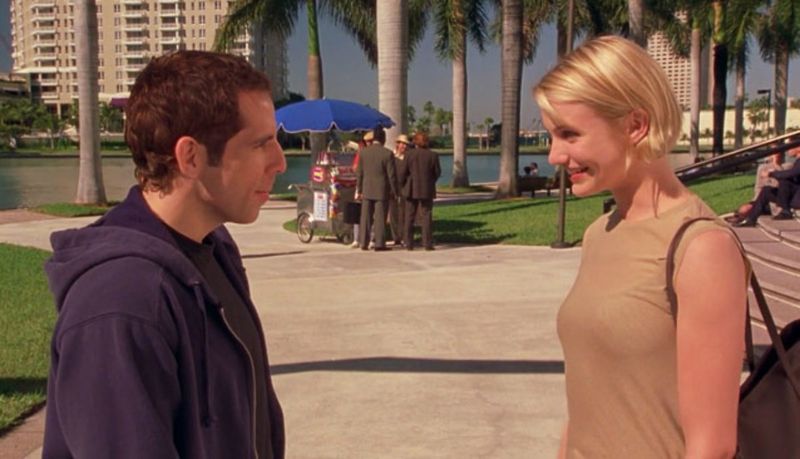
The hero tracks the heroine’s every move, shows up at her workplace, or learns her schedule without permission. Movies frame this as romantic pursuit, but it’s actually stalking. Real-life stalking causes fear and anxiety in victims. In movies like “There’s Something About Mary,” characters go to extreme lengths to follow someone they barely know. This behavior violates personal boundaries and privacy. The FBI estimates that 1.4 million people are stalked annually in the US. When someone monitors your movements without consent, it’s not love – it’s control. Healthy relationships are built on mutual respect, not one person obsessively pursuing another against their wishes.
2. Love At First Sight
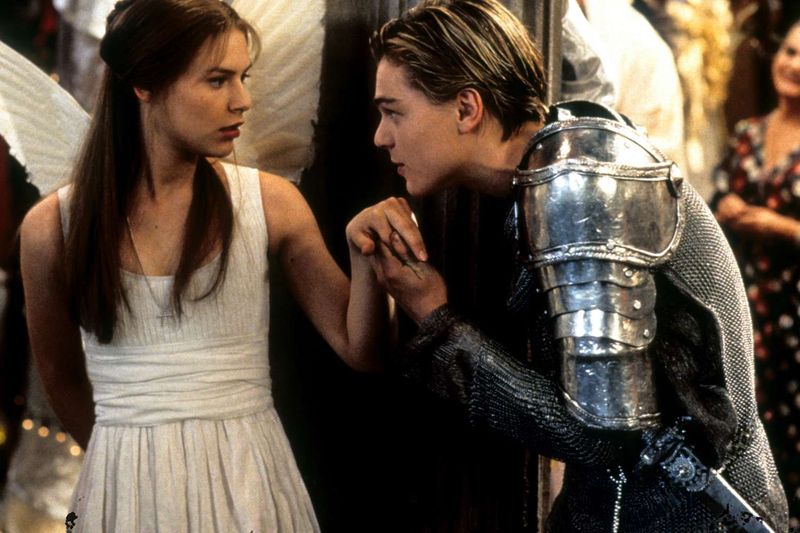
Characters lock eyes across a room and instantly know they’re soulmates. While this makes for a great two-hour movie, real attraction develops over time as you learn about someone’s values, habits, and personality. Movies like “Romeo and Juliet” glorify instant connections that lead to rash decisions. They skip the crucial getting-to-know-you phase where red flags might appear. Studies show lasting relationships usually build gradually. What feels like immediate love is often just physical attraction or projection of our hopes onto someone we barely know. True compatibility requires conversations, shared experiences, and seeing how someone handles different situations.
3. Grand Gestures Fix Everything

You’ve seen it in movies: someone messes up big time, then suddenly it’s all forgiven after a public declaration or a rain-soaked apology. One big gesture, and poof—problem solved. Real relationships require consistent effort, not just dramatic moments. Films like “The Notebook” teach us that persistence overcomes all obstacles, even when someone has clearly said no. These grand gestures often ignore the underlying issues that caused problems in the first place. They create the false idea that one big moment can substitute for the hard work of communication, compromise, and growth needed in actual relationships.
4. Persistence Beats Rejection
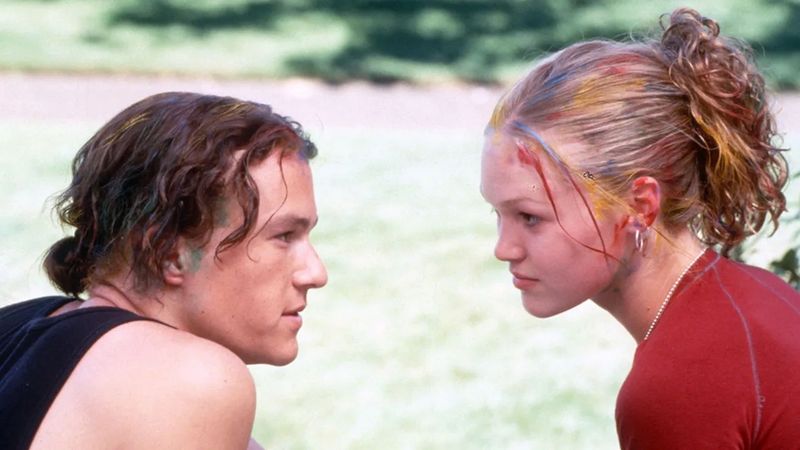
The hero keeps pursuing someone who has clearly said no, eventually wearing them down until they say yes. This harmful trope teaches that rejection isn’t final and boundaries don’t matter if you really love someone. Movies like “10 Things I Hate About You” show characters who won’t take no for an answer. In real life, respecting someone’s decision not to date you is basic decency. Continuing to pursue them after rejection is harassment. Someone who respects you will accept your choices. Changing someone’s mind through persistence isn’t romantic – it’s pressuring them to act against their wishes. A healthy relationship starts with mutual interest, not one person overriding another’s boundaries.
5. Jealousy Shows Love
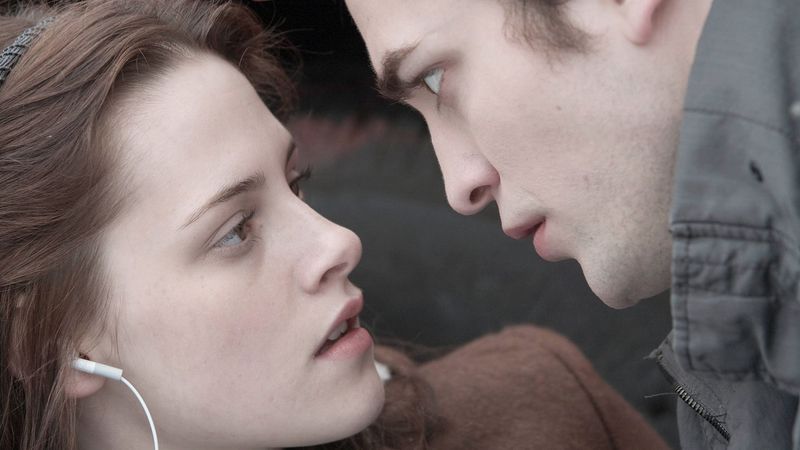
Movies often portray jealousy as proof of deep love. The possessive boyfriend who scares off other men or the girlfriend who checks her partner’s phone is shown as caring, not controlling. Jealousy stems from insecurity and distrust, not love. Films like “Twilight” romanticize controlling behaviors that restrict a partner’s freedom and relationships with others. Healthy relationships involve trust and independence. Partners should feel secure enough to let each other have friends and lives outside the relationship. When jealousy becomes surveillance or isolation, it’s a warning sign of emotional abuse, not evidence of passion or devotion.
6. Changing For Love
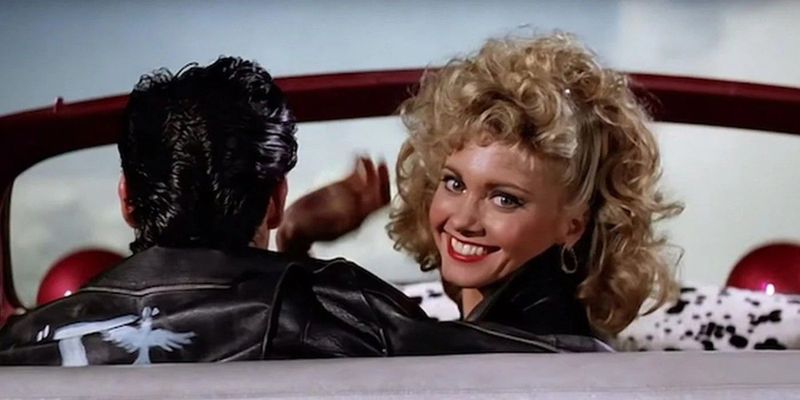
The makeover trope shows characters completely changing their appearance, interests, or personality to win someone’s heart. This sends the message that you’re not lovable as you are. Films like “Grease” show characters abandoning their authentic selves to fit what their crush wants. Sandy trades her good-girl image for tight clothes and smoking to please Danny. Relationships should be based on mutual acceptance. Minor compromises are normal, but changing core aspects of yourself for someone else leads to resentment. A partner who wants you to become someone else doesn’t actually love you – they love their idea of who you could be.
7. Enemies To Lovers Without Growth
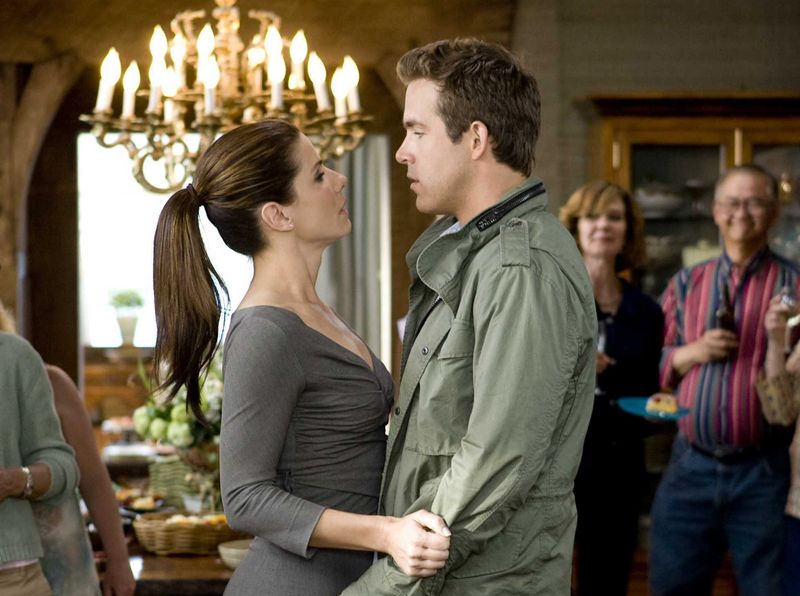
Characters who hate each other suddenly fall in love without addressing the reasons they disliked each other. The initial hostility is treated as secret attraction rather than actual conflict that needs resolution. Movies like “The Proposal” show relationships forming despite fundamental differences in values or treatment of others. They skip the necessary conversations and growth that would make such a transition realistic. Real relationships require working through conflicts, not just ignoring them. When movie characters jump from fighting to kissing without addressing their issues, they model unhealthy conflict avoidance. True enemies-to-lovers stories should show both people growing and changing before they can build something healthy together.
8. Toxic Partners Redeemed By Love
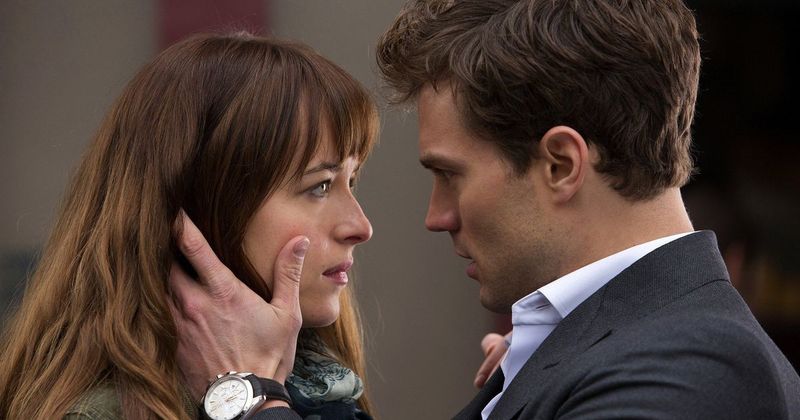
The bad boy or mean girl becomes a perfect partner once they fall in love. This dangerous myth suggests that love alone can change abusive or toxic behavior patterns without professional help or genuine effort. Films like “Fifty Shades of Grey” romanticize controlling, manipulative partners who supposedly change because of the protagonist’s special influence. Research shows abusers rarely change without intensive intervention and personal commitment to growth. Waiting for someone to improve puts victims in harmful situations for extended periods. People with established patterns of mistreating others don’t suddenly become kind and respectful because they fall in love. Real change requires accountability, not just romantic feelings.
9. Relationships Solve All Problems

Too many films sell the idea that love fixes everything. The depressed character feels joy, the career takes off, and all is well—just because someone fell in love. But in real life, relationships don’t solve core problems—they just help you face them. Films like “Eat Pray Love” suggest finding love completes a personal journey, when real growth comes from within. Expecting a partner to solve your problems creates unhealthy dependency. Mental health issues require proper treatment, career challenges need direct action, and family problems need addressing directly. A relationship should complement a functioning life, not serve as a rescue from an unfulfilling one.

Comments
Loading…